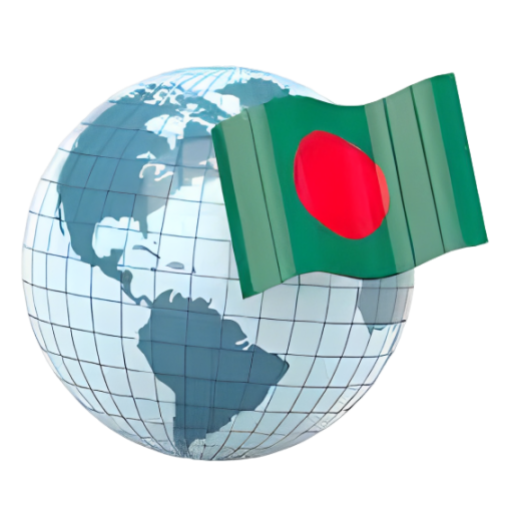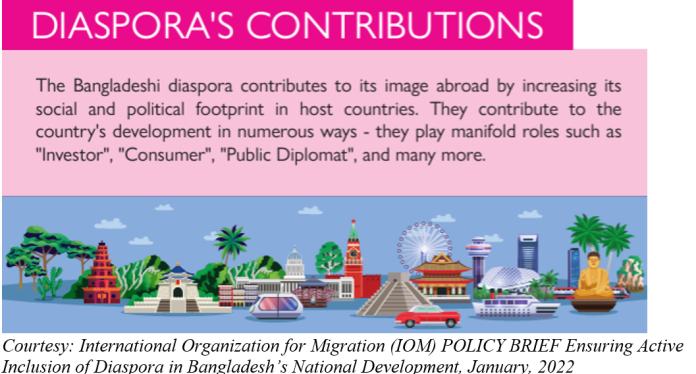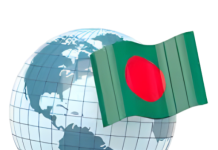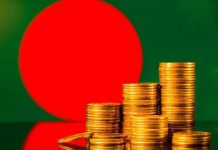Bangladesh has already shown a tremendous development track record since 1971. For a brief assessment of Bangladesh’s progress, see “Bangladesh: From a basket case to a middle-income country”, by Anis Chowdhury (Global Bangladesh, Vol. 1, Issue 1) and “Bangladesh’s fifty-second Victory Day anniversary: Major achievements”, by Muinul Islam (Global Bangladesh, Vol. 1, Issue).
For my generation, born after the hard-won independence, we have no doubt benefited by the sacrifices made by so many martyrs, activists and patriots. So, what about us? Should we make sacrifices for the people of this land? It is clear that many of the post-1971 generations have been making sacrifices and contributing to the country’s development in their own way. These include people working in the public and private sectors. What about those living overseas – the Non-resident Bangladeshis/Bangalis (NRBs)?
So many other countries have benefited by the contributions of Bangalis who have migrated and settled overseas. Almost all of these global citizens contribute by sending their hard-earned income as remittances to their “home” country. This is an undeniable sacrifice that continues the spirit of previous generations who have given so much for our society – especially the poor and vulnerable. Apart from the invaluable financial contributions, there are other ways NRBs can/should contribute. Using my own experiences, I will share some examples. However, it will be useful to keep some basic facts about the Bangladeshi diaspora community.
The energetic group (Below 40 years old)
You have left Bangladesh to pursue further studies or job opportunities or maybe you grew up outside of Bangladesh. You have got your residency in your new “home” country. You may have started a family but also have parents, siblings or other family members in Bangladesh. My suggestion is to make a 5-year plan, especially if you have a home mortgage to consider. Once your residency/citizenship is confirmed and before the children are too old, you can look for job opportunities in Bangladesh.
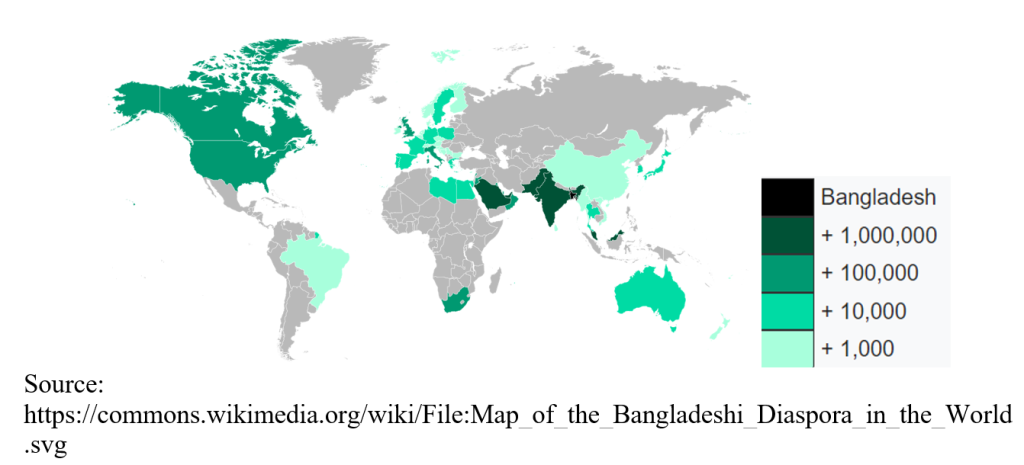
In my own field of engineering, there are many firms that have hired this growing number of energetic Desh Ferots. You can always return to your “second” home once the kids grow older. You may think that your “career” and “financial situation” may suffer. In my case, it was the opposite. In UK/Australia I was kind of an average engineer but in Bangladesh I was able to stand out and became a consultant for the World Bank. Of course, this can be an exception and for some people the experience and financial situation can be negative – well, maybe this is your sacrifice for our society…
The experienced group (30 to 50 years old)
As I was growing up and while working professionally, I saw older relatives (Mamas, Mamis, Chachas, etc.) who used to come and work in Bangladesh as international consultants/advisers/visiting academics. These people became a source of inspiration for me and in fact, I am currently in this phase of my life and professional career.
However, your case may be different. You have a settled job in your “second” home, the children are in high school, there are few remaining relatives in Bangladesh, etc. There may be concerns about adjusting to the working culture and the environment in Bangladesh.
My humble suggestion is to take one step at a time. Next time you come for a holiday, contact your former classmate, batchmates, etc. working in Bangladesh. Especially those in the private sector who are in senior, decision-making positions. Look for opportunities for some short-term inputs to projects or other contributions. If this first step gives positive fruits, you can consider a longer visit. If the first step does not work out, do not give up.
Start planning a few years in advance. Maybe you have some leave accrued or planning to change jobs. Update your CV and actively look for potential opportunities through your connections in Bangladesh as well as international firms, UN organizations and development banks. Even, you can look for opportunities within the region then come to Bangladesh. The sacrifices here are the time to keep looking for opportunities and some time apart from your family once you find a suitable match.
The Established Group (50+ years old)
I feel shy to suggest anything to those who are more senior than me in age. So, I will share examples from my own social network. Some within this group have children who are at university or already working in their “second” home. Some of these senior people have almost freed themselves from their home mortgage. They are thinking about retirement or already retired. They may be enjoying golden time with young grandchildren.
However, they still spend hours every day thinking about Bangladesh, going through social media content related to the “situation of the country”. Maybe they even have some negative feelings and resentment due to unfortunate past incidents when they used to live in Bangladesh.
Nevertheless, if their family, work and health condition permits, some come to Bangladesh for extended visits. They contribute in various advisory roles in collaboration with their contemporaries (or juniors) working Bangladesh’s private and public sectors.
I can say from my own firm’s perspective, we very much value senior engineers and development practitioners coming to Bangladesh and helping us in our projects and also to train, inspire and mentor the next generation of skilled professionals. We may not be able to remunerate them to their satisfaction, but maybe that is the sacrifice they make for our society.
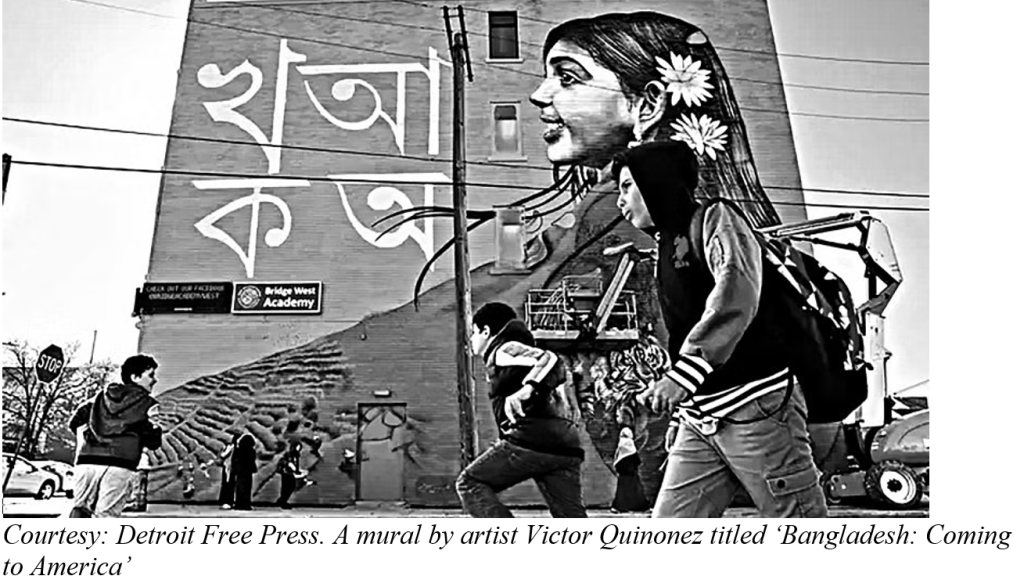
Government policy
Indeed, the Bangladesh government regards the Bangladeshi diaspora community as an integral part of Bangladesh. It recognizes various important contributions that the Bangladeshi diaspora community can make to the development journey of our beloved country.
Thus, in 2021, the International Organization for Migration (IOM), on the requested of the Bangladesh government produced a report, Ensuring active inclusion of diaspora in Bangladesh’s national development. It identified policies, institutional challenges and possible measures to ensure an active inclusion of the Bangladeshi diaspora in the national development of Bangladesh.
After wide consultations with various stakeholders, the government adopted National Diaspora Policy 2023 with a view to encouraging the Bangladeshi diaspora communities around the world to productively engage themselves in the country’s progress. It provides a framework for institutionalizing diaspora linkage for working and investing in Bangladesh.
Final thoughts
In conclusion, my call to join the development efforts of Bangladesh is not about reversing the “brain drain”. Our country and people continue to be blessed by very bright, capable and hard-working individuals. Bangladesh has been “exporting” brilliant, hard-working and talented people even before its “birth”. So, please do not view Bangladesh through a deficit lens – rather see Bangladesh as an opportunity for yourself. To make more of a difference in the remaining years you have on this planet.

Desh Ferot
Desh Ferot is the author’s pen name. Desh Ferot is an engineering consultant working in the water, environment and social sectors. He is also a part-time educator. Desh Ferot wishes to remain anonymous, but can be contacted through the Global Bangladesh editorial team.
